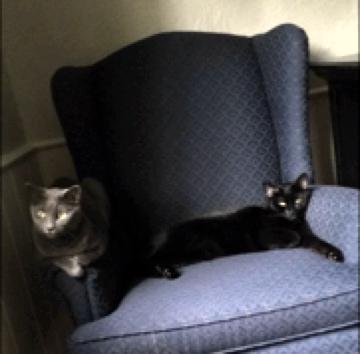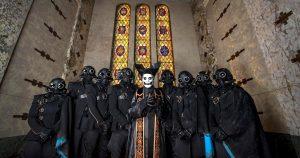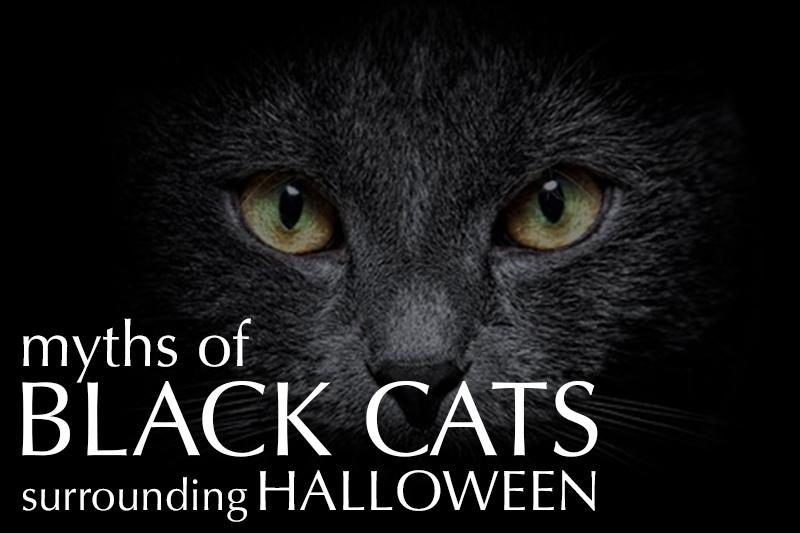Myths are funny things. On one hand, they include the legends and folk stories that pass on traditions, but they also represent our willingness to cling to misconceptions and tall tales. Halloween is loaded with myths, but one of the most persistent is the fiction that black cats are somehow evil.

Even though some cultures consider black cats to be lucky, many people have grown up with old sayings like: “don’t let a black cat cross your path,” or some other superstition that labels black cats as bringers of bad luck. If anything, a black cat is the unlucky one when they don’t already have a good home.
According to a report by a University of California, Berkley researcher, people think that orange and bi-colored cats are the friendliest, and black cats are among the most anti-social. While no behavioral evidence has ever been found to back up these views, it turns out that they have a huge impact on black cat adoptions at shelters. Unfortunately, black cats are the least likely to be adopted—resulting in high rates of euthanization.
As a proud owner of two cats, I’m lucky to have brought home a couple of siblings from the local Animal Friends a few years ago. Even though the cats have the same genetic make-up—being part of the same litter, only one of them, Lena, is a black cat. Far from being a bad luck charm or mysterious and aloof, she is the more people-friendly of the pair. When people are around, Lena is the one that will interact with them and show off her personality. Her sister with the gray fur, Ramona, turns out to be the one that runs and hides.

Just like many of the scary stories here in America, maybe we should just blame Edgar Allan Poe for popularizing this one. Even though he’s more famous for stories such as “The Telltale Heart” or “The Raven,” he did write a rather frightening tale about murder, fire, retribution, and a black cat that seemed to have more than nine lives. “The Black Cat,” which was published in 1845, displays Poe’s typical gruesomeness, which is going to make anyone who heard this tale at least a bit afraid of black cats. Who knows how many generations harbor a fear of these felines because their great-great-great-great grandfather heard this story as a kid.
To counter such tales and unsubstantiated fears, many animal protection groups have taken to publishing their own debunking of black cat myths. I’m here to attest to the fact that if I would have listened to these myths, I would have missed out on the pleasure of caring for my own black cat.
Despite all the myths and urban legends about what a black cat is and how it should behave, it turns out that each cat has its own personality that has nothing to do with the color of its hair (or lack thereof). This means that finding a cat whose personality meshes with your own is the key thing to focus on when adopting—even more than liking the color of his or her coat.






























